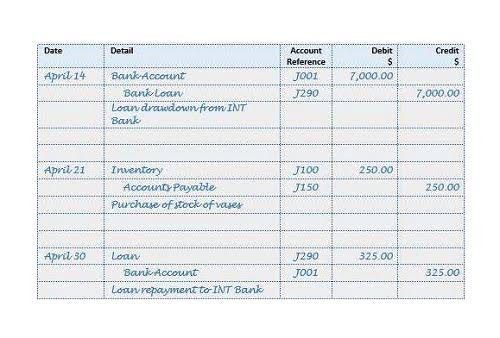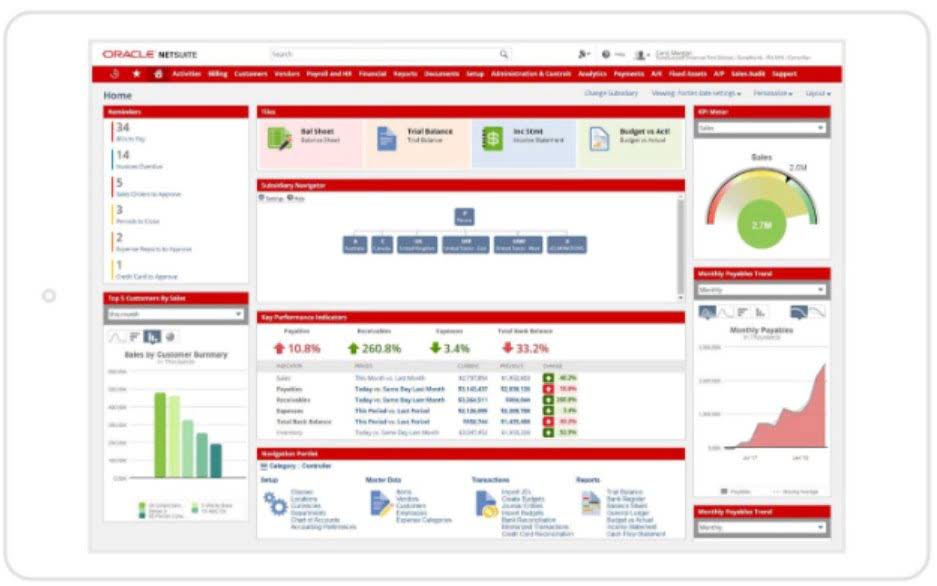What Is Accounting? Definition, Types, and Examples

Accounting standards are formal guidelines ensuring consistency, transparency, and legal compliance in financial reporting, fostering trust among stakeholders and aiding informed decisions. Accounting provides data-driven insights, enabling businesses to make informed decisions regarding investments, expansions, and cost management. Tax accounts balance compliance with reporting rules while also attempting to minimize a company’s tax liability through thoughtful strategic decision-making. Bookkeeping focuses on recording and organizing financial data, including tasks, such as invoicing, cash flow billing, payroll and reconciling transactions.
- Audits are a legal requirement for companies that trade on the stock exchange.
- The person who is contemplating an investment in a business will like to know about its profitability and financial position.
- Essentially, bookkeeping serves as the foundation, while Accounting uses that foundation to provide strategic guidance and ensure financial transparency.
- Summarisation helps in the preparation of Profit and Loss Accounts and Balance sheet for a particular fiscal year.
- A subset of managerial Accounting focuses on calculating and managing costs related to products and services to optimise profitability.
Creative Accounting: What it is, Types, and Methods

The three most Bakery Accounting common components of a financial statement are the balance sheet, the income statement, and the statement of cash flows. In some jurisdictions, summary financial statements are available (or may be required) on a quarterly basis. These reports are usually sent to all investors and others outside the management group. The preparation of these reports falls within a branch of accounting known as financial accounting.
Accountant vs. CPA vs. Tax Pro

In simple words, Green Accounting is a kind of accounting that tries to take into consideration the environmental costs in the calculation of the operating income of an enterprise. Green Accounting discloses or emphasizes more clearly about the quality of economic growth in terms of sustainable development. Accounting methods are applied to evaluate the human resources in money terms so that the society might judge the total work of the business enterprises including, its non-human assets.
- Let’s say a client just paid their invoice online, or money was withdrawn from your checking account to pay a utility bill.
- For this reason, there are several broad groups that most accountants can be grouped into.
- Employees are interested in financial statements on accounts because their wage increase and payment of bonus depend on the size of the profit earned.
- Accounting is the interpretation and presentation of that financial data, including aspects such as tax returns, auditing and analyzing performance.
- The double entry system is based on scientific principles and is, therefore, used by most of business houses.
Why Is Accounting Important for Investors?
As mentioned earlier, accounting information is used by different stakeholders, especially the management, to decide the future course of action for the organisation. Tracks what is accounting the financial performance of specific projects, ensuring they remain within budget and meet financial objectives. Accounting history dates back to ancient civilizations in Mesopotamia, Egypt, and Babylon.
- This systematic approach ensures accuracy and consistency in financial reporting.
- Another easy to use option that’s perfect for self-employed entrepreneurs who need an affordable accounting solution is Neat.
- The whole point is to give you an idea of what’s working and what’s not working so that you can fix it.
- These rules are set at the federal, state, or local level based on what return is being filed.
- In short, although accounting is sometimes overlooked, it is absolutely critical for the smooth functioning of modern finance.
- While accountants recognize a tradeoff between relevance and reliability, information that lacks either of these characteristics is considered insufficient for decision making.
- The business organization maintains only cash book and personal accounts of debtors and creditors.
- Accounting is by far one of the most important and prevalent fields in the world today.
- However, accounting is not an exact science since the rules and principles are constantly changing (improved by standard-setting bodies).
- By 1880, the modern profession of accounting was fully formed and recognized by the Institute of Chartered Accountants in England and Wales.
- Accounting history dates back to ancient civilizations in Mesopotamia, Egypt, and Babylon.
- It communicates the monetary activities of an organisation to buyers, regulators, and bosses.
By maintaining accurate records and adhering to regulations, Accounting ensures compliance with legal standards and avoids potential penalties. This systematic approach ensures accuracy and consistency in financial reporting. Generally speaking, however, attention to detail is a key component in accountancy, since accountants must be able to diagnose and correct subtle errors or discrepancies in a company’s accounts. The ability to think logically is also essential, to help with problem-solving. Mathematical skills are helpful but are less important than in previous generations due to the wide availability of computers and calculators.

